Figures in Black Spirit History by Kendra Purifoye
Did you know that Black people and spirit-making have a long and intertwined history, tracing back to precolonial Africa? It started with palm wine and beer, which were used in religious ceremonies and sacrifices for good harvests. It reshaped during the Transatlantic slave trade, in which molasses, rum and of course, slaves, were integral to keeping the trade alive. Enslaved peoples were a critical piece of the rum-making process. The bond to the culture then shifted to bourbon and moonshine as the 18th century began. That’s when history becomes a bit more documented and we have a more accurate account of how things came about.
One of the most well-known stories of Black trailblazers in the spirit industry is that of Nathan “Nearest” Green. Born into slavery, Nearest was the premier man who taught Jack Daniel how to distill whiskey, which then led Daniel to forging one of the most popular whiskeys in the world. In appreciation of what Mr. Green contributed to the industry, there now exists the whiskey named Uncle Nearest, a brand founded and owned by Black women. In fact, Nearest’s great-great granddaughter, Victoria Eady Butler, currently holds the position there of Master Blender, the first Black woman ever to hold the title.
Another prominent figure in Black spirit history is Cato Alexander, an enslaved man who became a national presence in his craft as one of the first ever Black bartenders, most notably serving George Washington, who he called one of his favorite clients.
It is an unfortunate fact that enslaved peoples are rarely, if ever, given credit for their contributions to building the foundations of this proud and accomplished country. It is no different in the story of whiskey-making. Do you know those little charred oak barrels that we use that are essential to the whiskey distilling process? Well it is believed that that practice originated from Black slaves, who used the charred barrels to lessen the bite of their moonshine. Nowadays, we cannot conceive making whiskey without those barrels, yet who knows where we would be if enslaved peoples had not used their very limited resources to find a solution to a problem they faced.
The history of Black people in the spirit industry, specifically the bourbon element, is much lesser known than it should be. Here at Freeland Spirits, we want to honor and showcase the Black pioneers that were imperative to paving the way to the spirit we know and love today. This month, we partnered with Lee Hedgmon, the dynamic and innovative Black woman behind The Barreled Bee, to bring you a taste of the magic of bourbon and honey together, two commodities with long, interlaced history in Black culture. Join us to celebrate Black History Month as we continue to pave the way at Freeland for underrepresented communities in the spirits industry. Your taste buds will surely thank you!
- Kendra Purifoye; Tasting Room Associate at Freeland Spirits in Portland, OR
Want to try Kendra's "The Mrs. Margaret" cocktail at home? Find the recipe here:
Throughout February The Mrs. Margaret cocktail will be available at our Tasting Room in Portland with a portion of the proceeds going to benefit Brown Hope. Brown Hope is a non-profit that is planting and nurturing seeds for racial justice and healing.



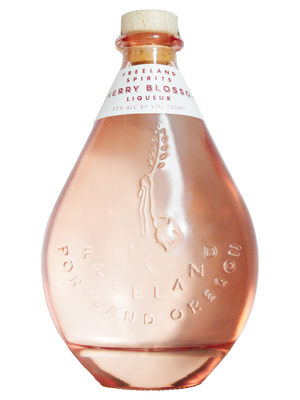
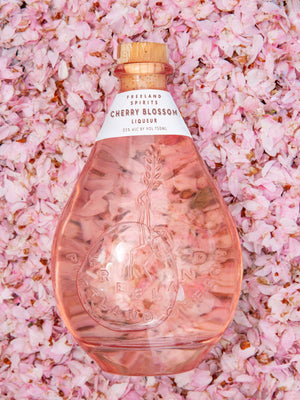
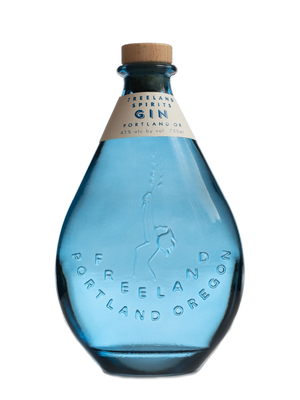
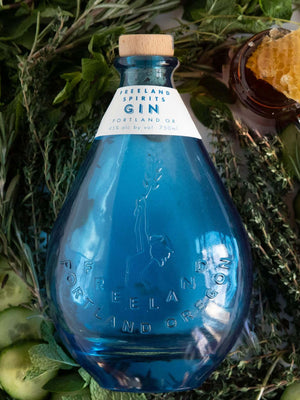
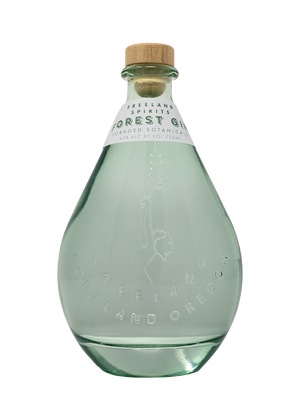
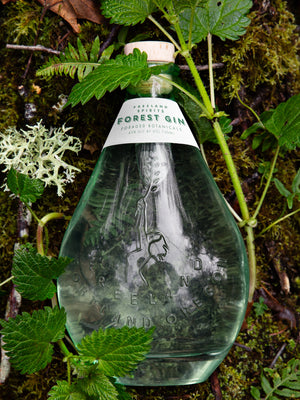
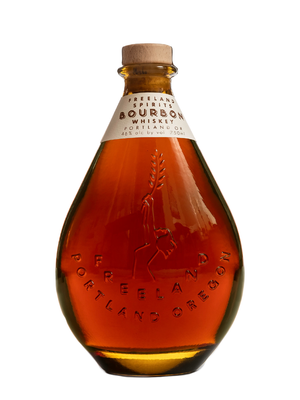
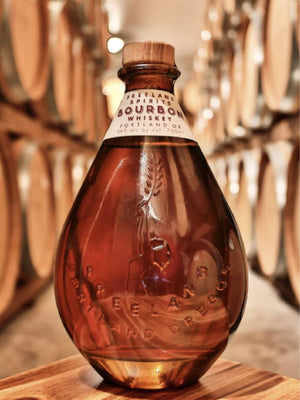
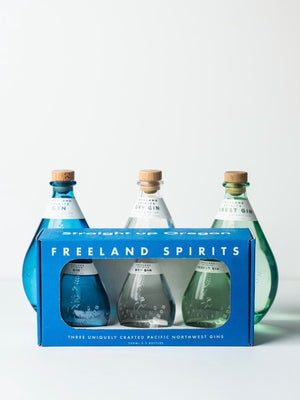
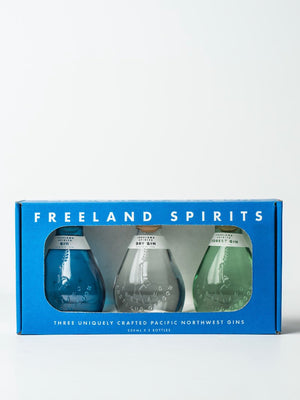


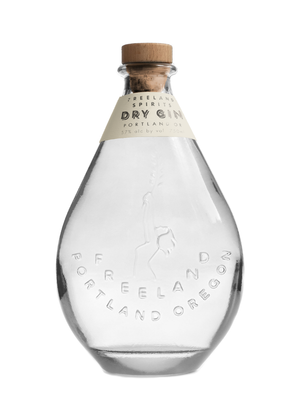
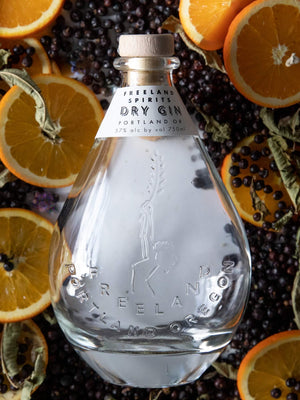
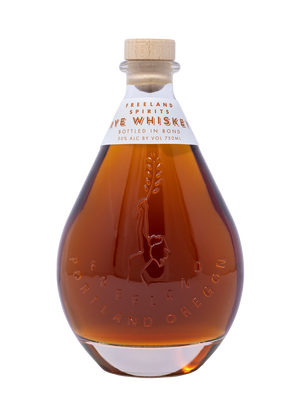
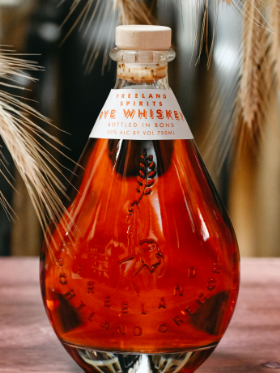


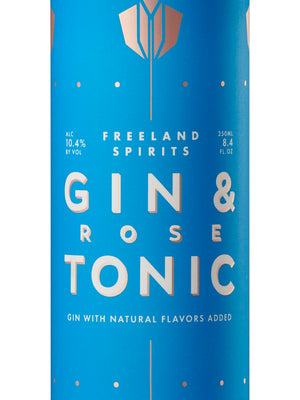
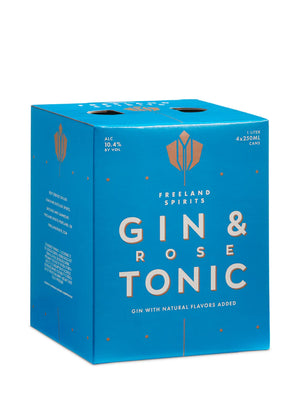
6 comments
Thank you, Kendra. I appreciate the education and the history.!!!
This article was very interesting and informing, I can’t wait to try uncle nearest as I am a bourbon drinker. A good smoked old fashion is everything.
Very well written and informative. That cocktail sounds amazing! Mmmm… honey and bourbon!!!